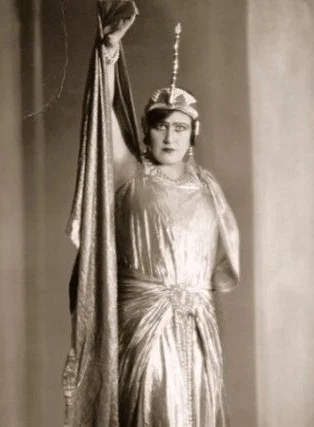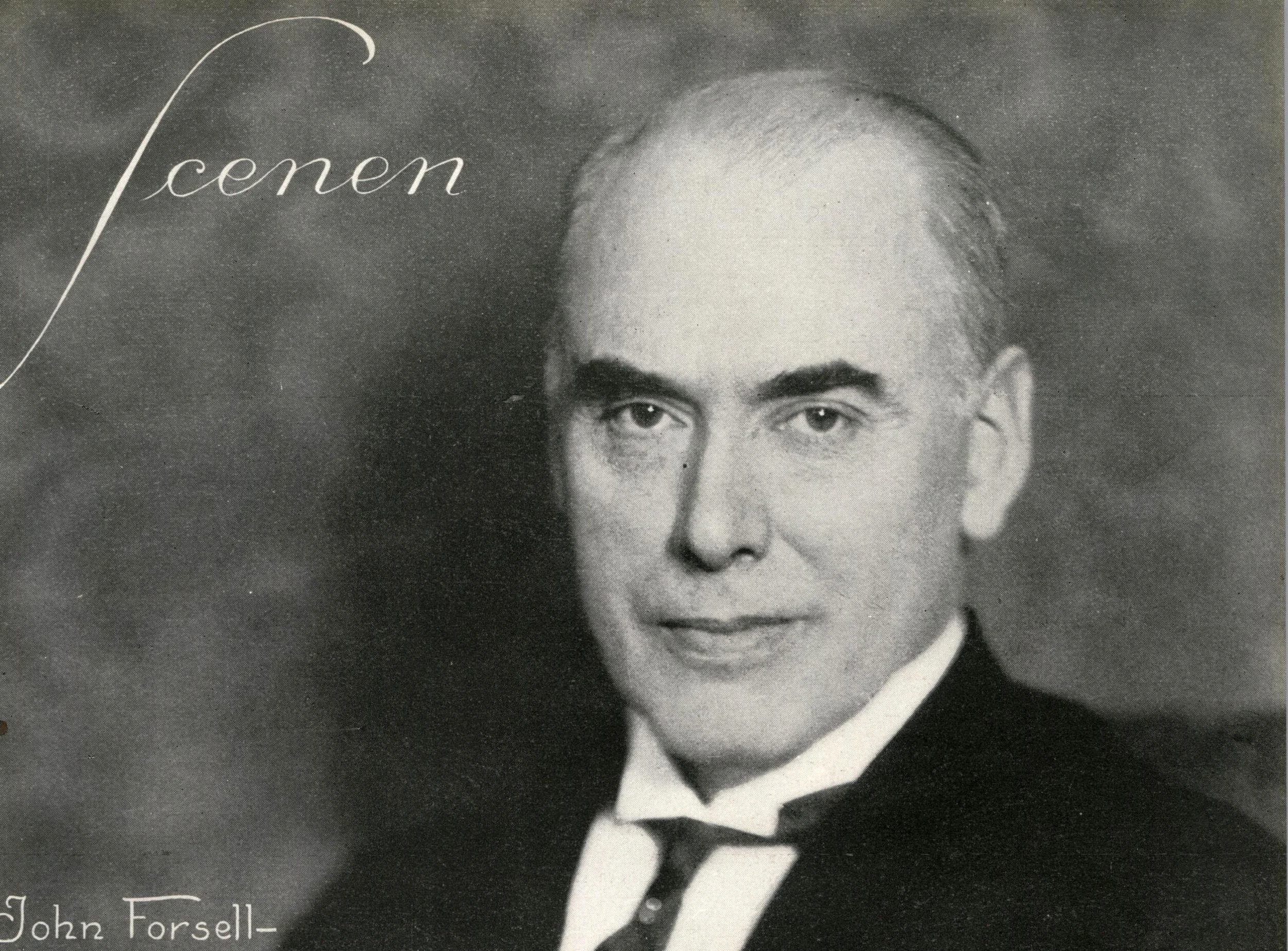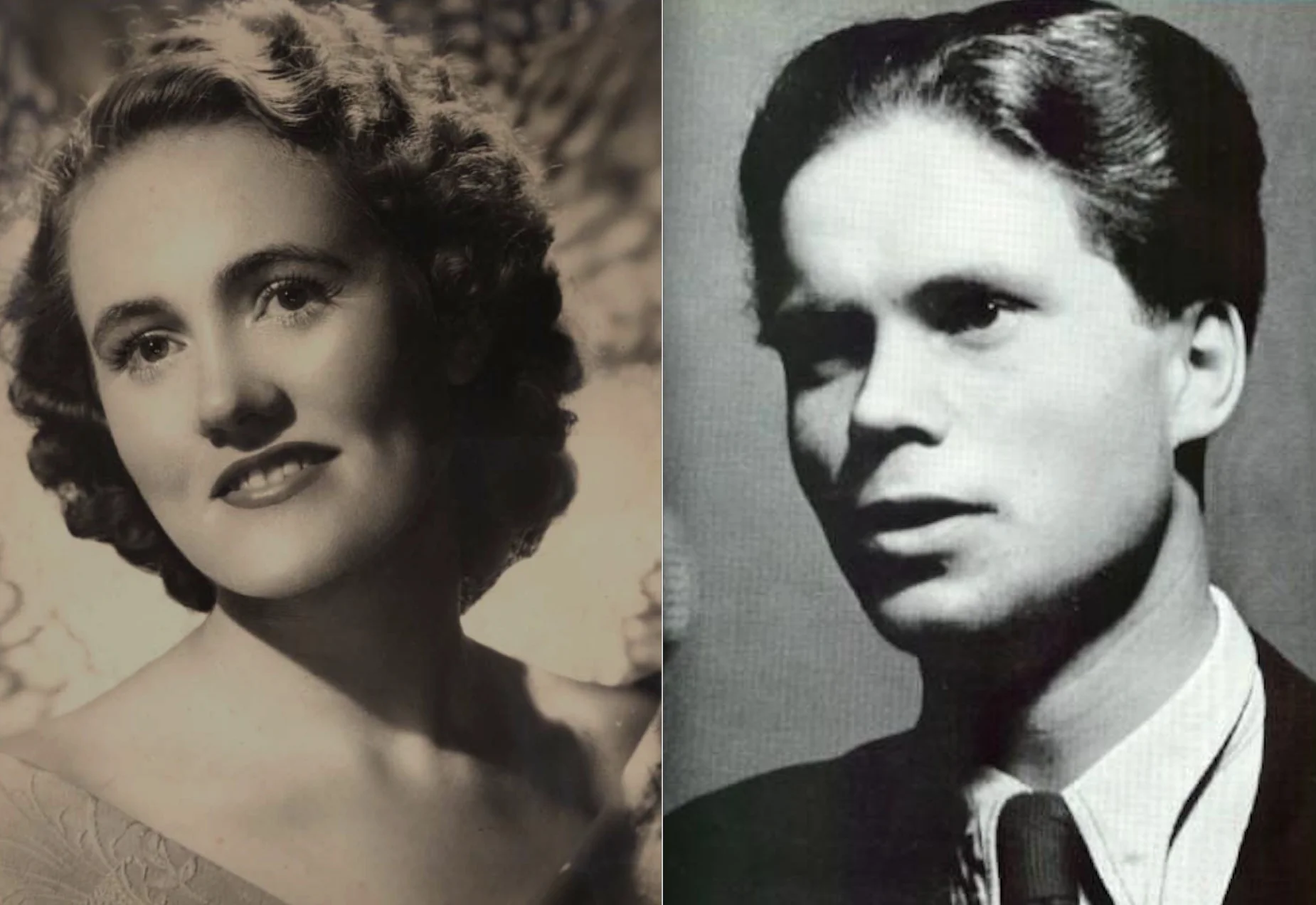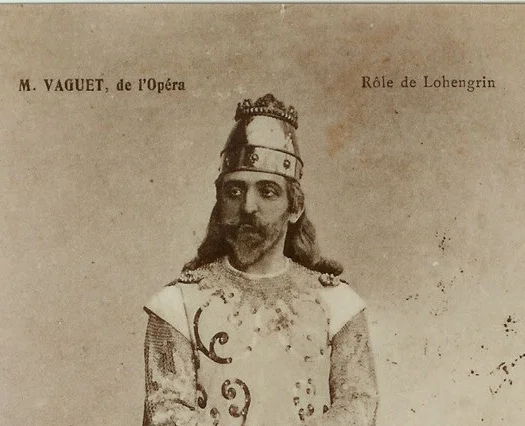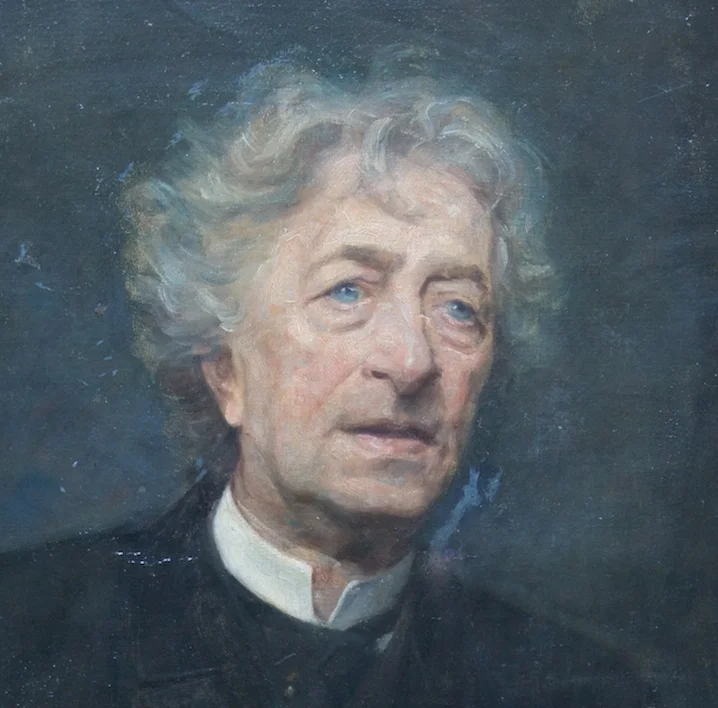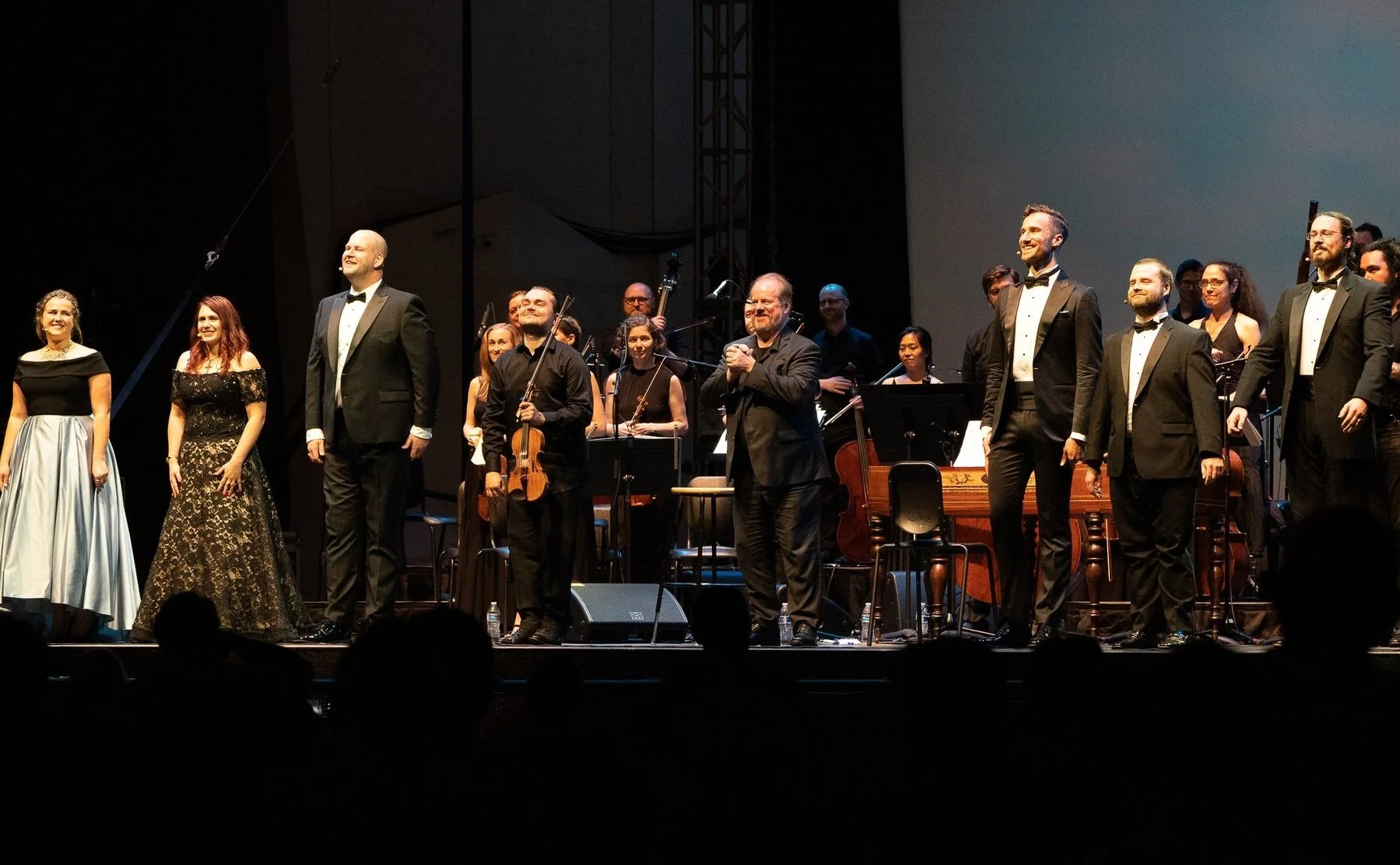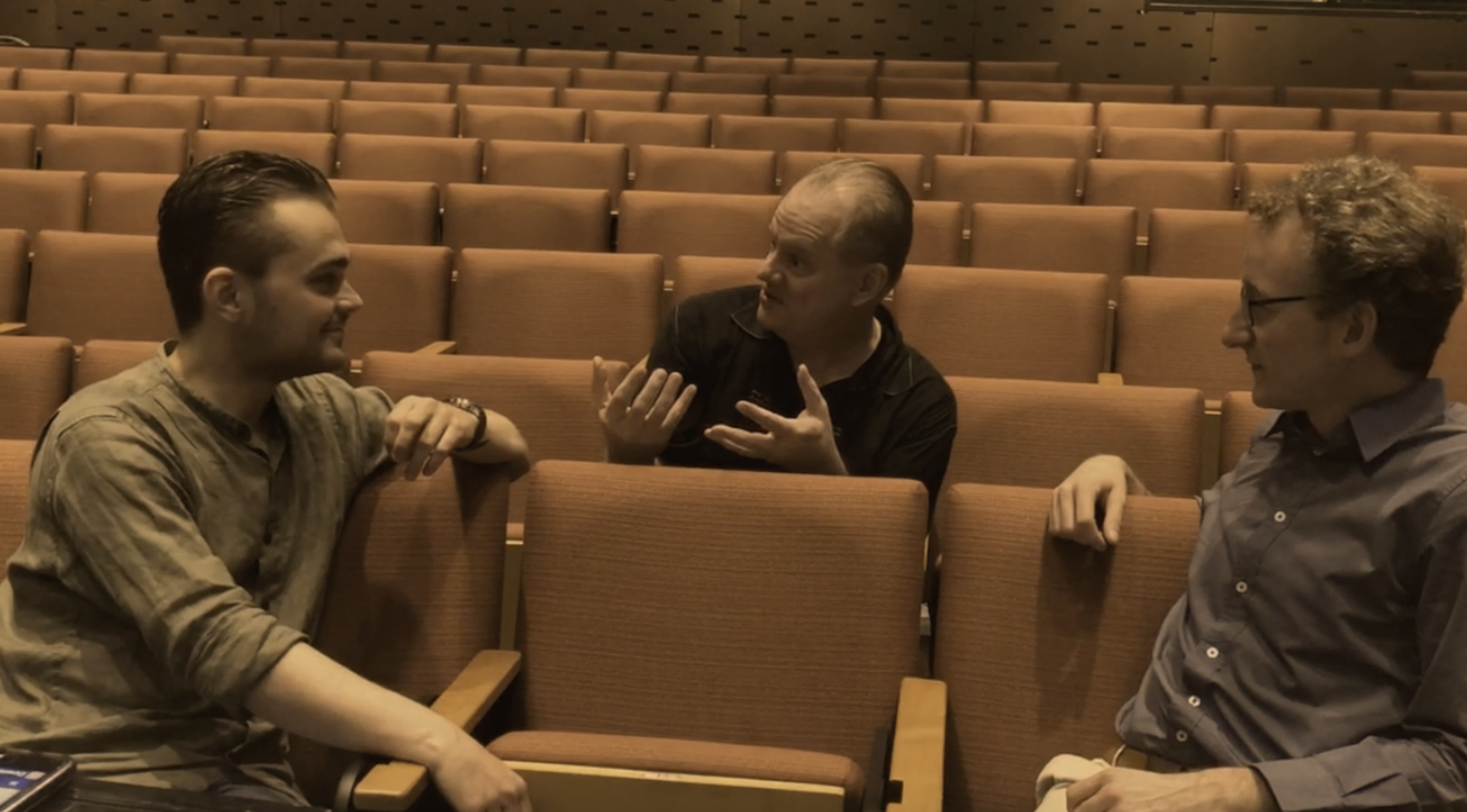Even Bravest Heart May Swell
Reinald Werrenrath in 1917
This week’s record tags a handful of operatic topics. First, it’s one more reminder of the extraordinary standard met by “secondary” singers in the pre-microphone era: a smooth baritone, easy at both ends of the range, mellow but ringing, impeccable in steadiness and legato. Reinald Werrenrath (1883-1953), son and grandson of Dutch professional singers, spent most of his long career singing concerts and making records. But when he was at the Metropolitan it was to sing Silvio with Caruso in the cast, and Escamillo and Valentin with Martinelli. So it was no “chamber voice.”
Second, a reminder of the beehive-like industry of Victor Records, where he was a house baritone from 1905 to 1929. Besides recording solos from the Pagliacci prologue to “Fuzzy Wuzzy,” from Monteverdi’s “Tu se’ morta, mia vita” to Hugo Wolf’s “Zur Ruh, zur Ruh,” from “Jesus, Lover of my Soul” to “Whose Pretty Baby Are You Now,” he did everything around the shop a good sight-reader might do: leading the chorus basses, reciting Scripture and modeling enunciation for English language-instruction courses, participating in the vocal quartet for medley records called “Songs of the Past” (Volumes 1 through 24, with five or six old favorites per disc), and supplying ultra-brief solos for dozens of “Gems from….” records - four-minute highlight mashups of everything from Lohengrin to The Man with Three Wives.
Third, a reminder of a curiosity of operatic history. Many folks who think they don’t approve of opera in translation happily listen to Valentin’s aria that way all the time. The piece was written for London in 1864 so that the brilliant young baritone Charles Santley could have an entrance aria. Gounod built up a tune already present in the opera’s prelude; Henry Fothergill Chorley, translator of the rest of the libretto, supplied the original verses that Werrenrath sings. The aria was such a success that it was instantly translated into Italian (probably by Manfredo Maggioni), and as “Dio possente, dio d’amor” it became one of the opera’s “hits” in Italy and wherever the main supply of opera still came from Italians (meaning the Spanish-speaking and most of the English-speaking worlds).
Even bravest heart, original Victor label
About a decade later Gounod included it in a collection of mélodies, with a second translation (“Avant de quitter ces lieux”) by Alexandre Onésime Pradère-Niquet. The new text was clearly designed for inclusion in the opera, but it does not seem to have been inserted into a French score of Faust or sung on stage in Paris before the twentieth century.
It’s not clear in what key Santley sang the aria. In the prelude and the book of mélodies, it is in F, too high for a baritone. The first published scores (in Italian) are in D-flat; the eventual integration into French Faust scores is in E-flat. Werrenrath seems to have sung it in D-natural, with expansive ease on the top F-sharps of the last page (and crystal-clear English throughout).
Teatro Nuovo puts great emphasis on learning from the singers who had never heard, or heard of, microphone singing - primitive recordings from more than a century ago, forming a link to the traditions of opera’s heyday and the infinite potential of the natural, unassisted human voice. Check this space regularly for samples, and click here for some pointers on how to listen.
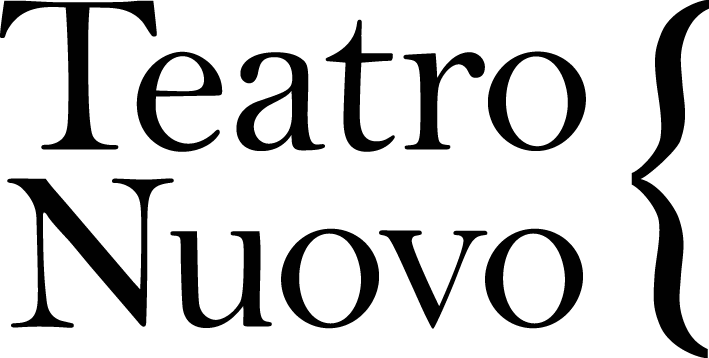




![Image 2 - Henry T. [Harry] Burleigh - Detroit Public Library.jpeg](https://images.squarespace-cdn.com/content/v1/596bb4e703596e837b624445/1591713684327-N7HW488JSZ7EN8T5AJSR/Image+2+-+Henry+T.+%5BHarry%5D+Burleigh+-+Detroit+Public+Library.jpeg)







